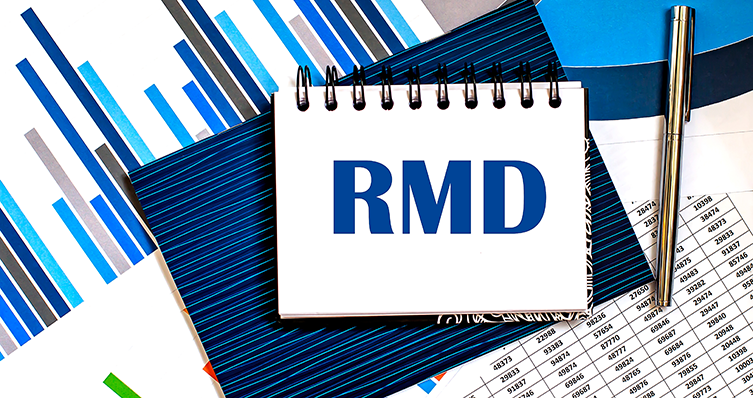
Most retirees must take required minimum distributions by Dec. 31
The Internal Revenue Service (IRS) recently reminded retirement plan participants and individual retirement account owners that payments, called required minimum distributions, must usually be taken by Dec. 31.
Required minimum distributions (RMDs) generally are minimum amounts that retirement plan account owners must withdraw annually starting with the year they reach 72 or, if later, the year they retire. However, if the retirement plan account is an IRA or the account owner is a 5% owner of the business sponsoring the retirement plan, the RMDs must begin once the account holder is age 72, even if they’re still working. RMD amounts not timely withdrawn from accounts may be subject to penalties.
Individuals who reached 70 ½ in 2019 did not have an RMD due for 2020, but will have to take one by Dec. 31, 2021. Individuals who reach 72 in 2021 (and their 70th birthday was July 1, 2019 or later) have their first RMD due by April 1, 2022.
The required distribution rules apply to:
- Owners of traditional Individual Retirement Arrangements (IRAs)
- Owners of traditional Simplified Employee Pension (SEP) IRAs
- Owners of Savings Incentive Match Plans for Employees (SIMPLE) IRAs
- Participants in various workplace retirement plans, including 401(k), Roth 401(k), 403(b) and 457(b) plans
Roth IRAs do not require distributions while the original owner is alive.
2020 RMDs
An IRA owner or beneficiary who received an RMD in 2020 had the option of returning it to their account or other qualified plan to avoid paying taxes on that distribution. A 2020 RMD that qualified as a coronavirus-related distribution may be repaid over a 3-year period or have the taxes due on the distribution spread over three years. A 2020 withdrawal from an inherited IRA could not be repaid to the inherited IRA but may be spread over three years for income inclusion.
If you have any questions about RMDs, please contact your Kraft Asset Management, LLC advisor.
Source: IRS Newswire, 2021-245, Dec. 8, 2021
